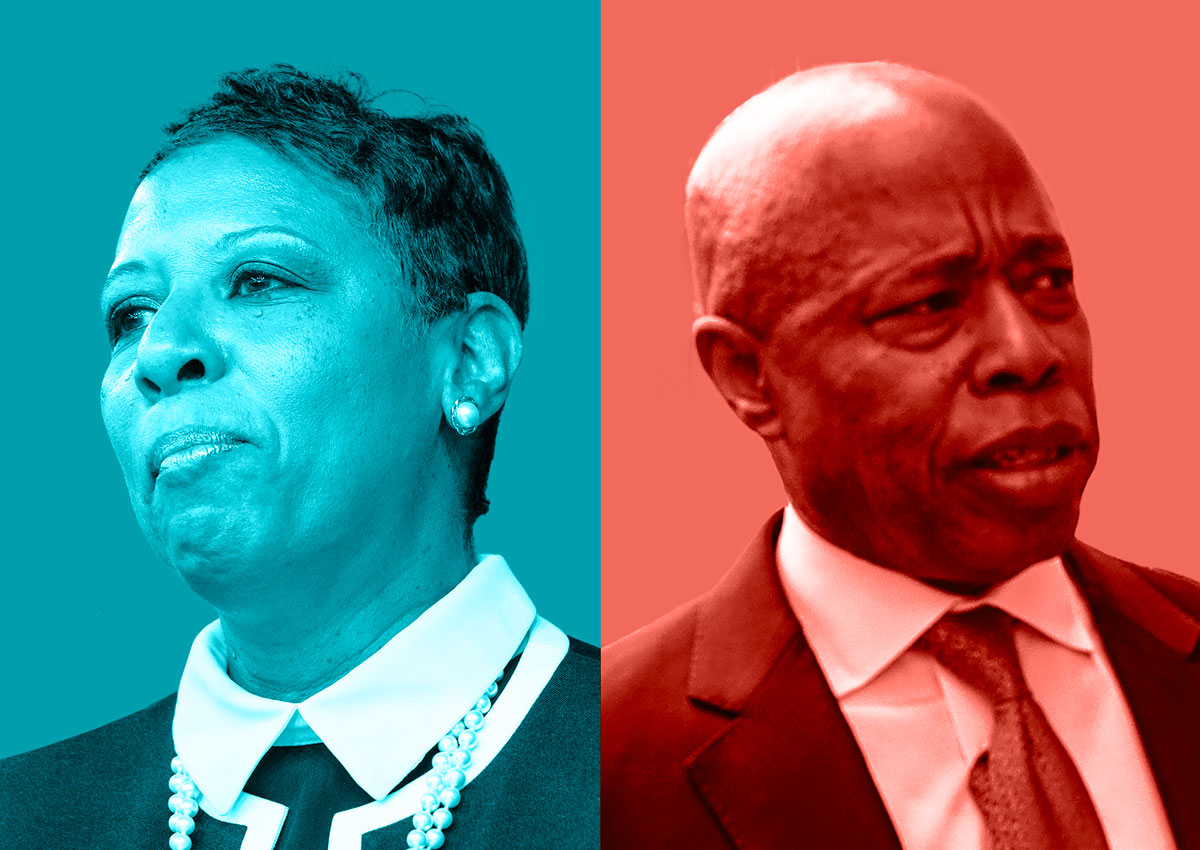New York City settled a lawsuit with the Legal Aid Society in a deal that should benefit tenants and landlords alike.
The Department of Social Services reached an agreement with the public defender group on a lawsuit filed a year ago in Manhattan Supreme Court, The City reported. The lawsuit alleged that city agencies were failing to address applications to renew CityFHEPS housing vouchers, which pay a portion and sometimes a majority of a holder’s rent.
The result of errors by the DSS was surprise eviction notices for some voucher holders, who didn’t know their vouchers weren’t holding up their end of the rental bargain. The alleged problems led to tenants being kicked off the city’s voucher list despite being eligible to stay on.
It’s unclear how many tenants — and therefore, landlords — were affected, but it could be in the thousands. The city will need to create reports to determine how many people were dropped from the voucher program between 2021 and 2023.
“This settlement is a reflection of our commitment to working collaboratively with key stakeholders to find ways to reduce unfortunate instances of human error when processing FHEPS cases and strengthen support for clients looking to renew CityFHEPS,” a spokesperson for DSS said.
Under terms of the settlement, eligible renters will be reinstated to either FHEPS or CityFHEPS over the next few months. The Human Resources Administration, overseen by DSS, will also need to change its online case management system to prevent erroneous terminations.
When reached for comment by The Real Deal, the Community Housing Improvement Program’s Jay Martin hailed the settlement as an important win for landlords, too.
Read more



“These kinds of victories in court will hopefully compel elected officials … to invest back in agency staff,” Martin said.
Martin noted that the city has attempted to improve its voucher program, but has a ways to go to catch up with federal housing programs. He said that landlords in the city often prefer voucher programs run by the Department of Housing and Urban Development because they consistently come through at the beginning of the month, when bills are due.
